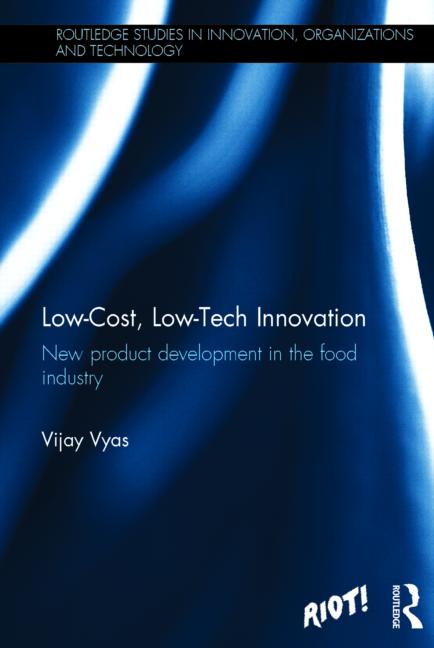FDA Approves New Regulations

The FDA announced on May 4 it has approved the new regulations to help prevent food poisoning outbreaks.
One of the new rules will allow the agency to detain food that investigators believe has been produced in insanitary and unsafe conditions. The other rule makes it mandatory that anyone importing food into the U.S. inform the FDA whether any other country has refused the food entry.
The new rules are part of the FDA Food Safety Modernization Act (FSMA), which was signed into law late last year. The legislation is widely regarded as the biggest change in food safety oversight in 70 years.
The administrative detention rule gives the FDA considerably more flexibility in its ability to confiscate food the agency suspects might be dangerous. Previously, the FDA could only detain food when it had credible evidence that food was contaminated or mislabeled, and the contamination or mislabeling had to constitute a serious threat to public health or the health of animals.
Under the new rule, the FDA can administratively detain the products for 30 days while pursuing other enforcement options, such as seizure or a federal injunction.
The new imported food notification rule will give the FDA increased information on what products are being shipped into the country for American consumers. FDA officials say it will allow them to make more informed decisions about what should be coming into the country.
There are approximately 76 million foodborne illnesses each year in the U.S., according to a report released in June 2010, “Enhancing Food Safety: The Role of the Food and Drug Administration,” which Congress requested. Those illnesses cause more than 300,000 hospitalizations and 5,000 deaths annually.
For the FDA to regulate an estimated 80% of the nation’s food supply properly, the agency’s food safety departments need to be restructured to fit a risk-based approach that coordinates data and expertise to quickly find the weak links in the food production and distribution chains where contamination and other problems are most likely to occur, analysts said in the report.
The changes are designed to allow the agency to more quickly and efficiently target the problem areas with the necessary resources and increase its chances of catching dangerous, and sometimes deadly, food outbreaks before they occur.
From the May 5, 2011, Prepared Foods' Daily News.
Looking for a reprint of this article?
From high-res PDFs to custom plaques, order your copy today!








